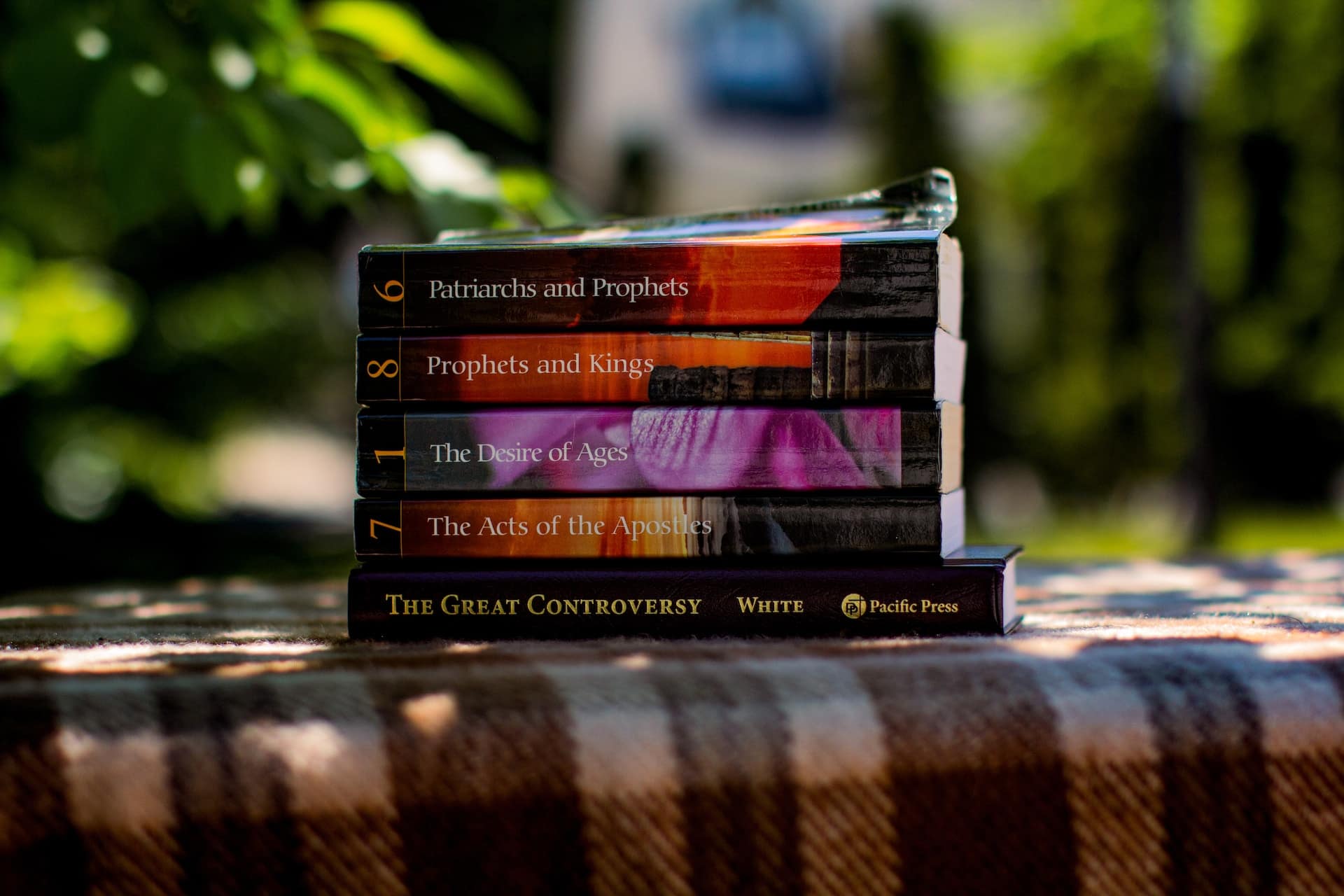
Can we get so enraptured with the enigma of Bible prophecy that it becomes a ghastly obsession? As with all things, yes! It is possible that the numbers, the calculations, the historical facts, and even speculation can so engross our attention that we lose sight of the broader significance of the prophetic message. An excessive fixation on all the dates and names can also become a source of pride and a substitute for genuine Christianity.
On the flip side, ignorance of our prophetic identity engenders confusion. Why have we embraced certain standards and lifestyle practices? Why do we zealously emphasize certain doctrines? In what manner should we engage the world? It is with the realm of how we interface with the world that this magazine issue is concerned.
In the early 1800s our Advent movement was born of an ardent exploration of the sacred Scriptures and their prophetic utterances. Then in the wake of the Great Disappointment of 1844, the Advent believers discovered their unique mission within the prophecies of Revelation. In fact, early Adventists found that their experience of disappointment was prophesied in Revelation 10, affirming their very existence. Through the years prophecy has continued to guide and frame the identity and mission of the Seventh-day Adventist movement.
World events periodically compel us to reevaluate our comprehension of prophetic truths. Consider, for instance, how, for many, the signing of the Maastricht Treaty in 1992 simultaneously raised hopes for the unification of Europe and doubts about the veracity of Daniel 2. Then shockingly, on January 31, 2020, the United Kingdom became the first sovereign nation to withdraw their membership from the European Union, shattering previous hopes and affirming confidence in Bible prophecy. One wonders what investments and long-term strategies could have been (or were) impacted in 1992 based on a confidence in Daniel 2’s interpretation?
Today the global landscape is riddled with fear. Fear of terrorism. Fear of pandemics. Fear of ethnic extinction. Fear of the effects of the decline of morality in society. Fear of the effects of the rise of dogmatism. Fear of the known and the unknown. These fears have led some to reinterpret our understanding of prophecy, particularly those found in the books of Daniel and Revelation. Political affiliations, long-standing prejudices, and new ideologies are superimposed or undermine our established understanding. What, instead, would be our Christian witness if we exhibited confidence in the outcomes predicted in the pages of Scripture? How are we to relate to Christian political trends, and what is our role as a prophetic movement in these end-times?
Our understanding of Bible prophecy as Seventh-day Adventists gives us our bearings. It tells us where we are in earth’s history and reassures us that our trials and challenges come as no surprise to an omniscient God. When fear grips the world around us, it finds no place in the heart of those whose confidence is grounded in the God of Scripture; the God who promised Adam and Eve that He would crush the serpent’s head though it would bruise His heel; the God who told Abraham that his descendants would be strangers and slaves in a foreign land for 400 years; the God who through Jeremiah foretold that Israel would endure the yoke of Babylonian captivity for 70 years; the God who predicted that after Rome’s rule Europe would never again adhere to one another.
When we accept the God of Bible prophecy as our God, we can engage the world with an inscrutable confidence, deeply affected and yet simultaneously unfazed by the exceeding wickedness of evil. We know today the broad strokes of what tomorrow holds. Our Christianity, then, cannot mirror that of a world in doubt or darkness. We have a prophetic calling. We are a prophetic people.